October 11, 2023
AVAC is thrilled to announce awards to seven advocacy partners in Southern and East Africa to conduct projects on community needs for the prevention of sexually transmitted infections (STIs). Join us November 7 and November 9 as our partners present insights from these surveys, and, together, we begin to build an advocacy agenda to accelerate development of new STI vaccines, diagnostics, and other prevention tools and strategies.
HIV is inextricably linked with other STIs. The same populations are disproportionately affected; experiences around stigma, shame, and lack of access can be remarkably similar, and STIs can increase HIV transmission and acquisition unless coupled with prevention methods like condoms and regular STI testing. Over the past decade, the global burden of STIs has increased dramatically, with the WHO estimating more than a million new cases acquired every day, while funding and other investments have lagged.
Advocacy is needed to bring more awareness on the impact that STIs have on the health of people and communities and the need for vaccines and diagnostics to better prevent, detect, and treat infections. These advocacy projects are helping build a stronger advocacy movement to help improve funding and commitments in and around STI vaccines and diagnostics.
The seven partners who will present their findings on the November calls include:
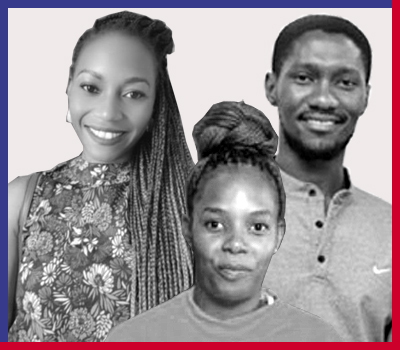
ACTS101, Uganda
Team Members: Bridget Jjuuko Ndagaan, Shakira Namwanje, Arafat Kabugo
ACTS101 is engaging stakeholders across Uganda to assess and document the status of STI prevention awareness, research and development (R&D) capacity for STI prevention research, and challenges and opportunities to STI services. Learn more about ACTS101 on Twitter.
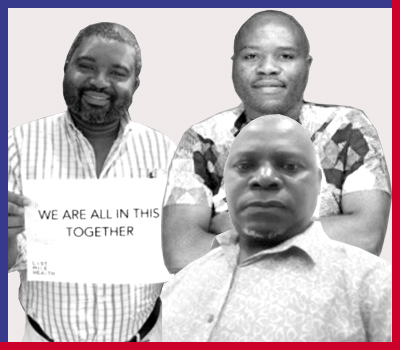
JournAIDS, Malawi
Team Members: Dingaan Mithi, Christopher Bauti, Sosten Chilumpha
JournAIDS is evaluating how best to enhance STI prevention programs in Malawi and will document critical STI advocacy opportunities. The team will work with local development partners, donors, experts, civil society, scientists, researchers and the Malawi Ministry of Health to identify priorities and next steps for STI diagnostic R&D, prevention and treatment. Learn more about JournAIDS at their website.
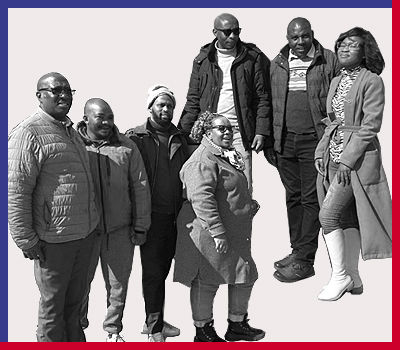
Lesotho Network of AIDS Service Organizations (LENASO), Lesotho
Team Members: Mamello G. Makoae, Katleho Ntheri, Tsepo Holoane, Tseliso Makoa, Nthabeleng Ntsekalle, Masheane Khasoane, Peter Raliile, Moleleki Thejane
LENASO is seeking to understand the community needs and landscape around common STIs in Lesotho in the district of Mokhotlong in Mapholaneng area where the big dam construction and mining projects are happening. LENASO is conducting interviews and focus groups for youth who are in and out of school, groups of girls and young women, and groups of males to understand the community needs and perceptions regarding STI advocacy, vaccines and diagnostics. Learn more about LENASO on Twitter @LENASO7.
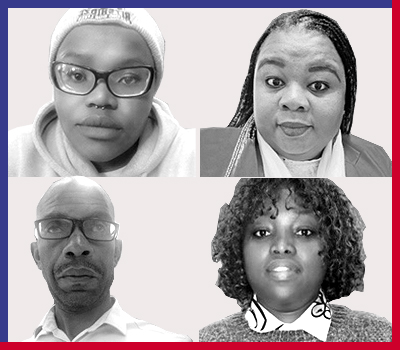
HIV Survivors and Partners Network, South Africa
Team Members: Mandisa Dukashe, Sakhile Xaba, Joy Neo Malesa, Khumalo Moqebelo, Phindile Nkambule
HIV Survivors and Partners Network is engaging diverse stakeholders, including government, civil society and HIV/STI implementing partners to identify community needs and perceptions around STI prevention, diagnosis and advocacy; examine challenges and opportunities related to local STI vaccine and diagnostic access; research and development needs; and opportunities to integrate existing community led programs. Learn more about the HIV Survivors and Partners Network at their website and on Facebook.
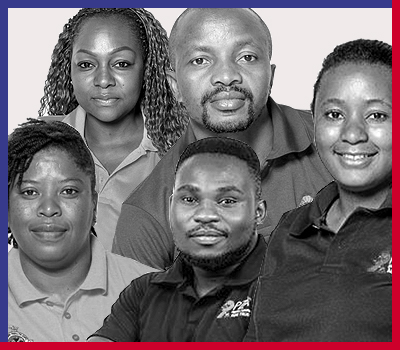
Pangaea Zimbabwe AIDS Trust (PZAT), Zimbabwe
Team Members: Imelda Mahaka, Joseph Murungu, Barbra Ncube, Cleopatra Makura, Joseph Njowa
PZAT is conducting a national situation analysis to understand the strengths, gaps, needs, opportunities, and threats in implementing a successful program focused on STI prevention and management in Zimbabwe. The situation analysis will identify existing assets in the community that could support the implementation of STI prevention and management programs; identify gaps and unmet needs that can strengthen these programs; and understand the opportunities and threats that are affecting their implementation. Learn more about PZAT at their website and on Facebook and Twitter.
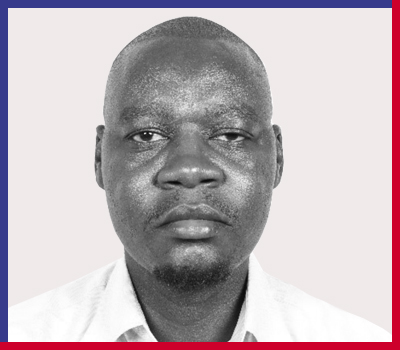
Nyanza Reproductive Health Society, Kenya
Team Member: Simon Odiwuor Ondiek
This project is using mixed-methods to conduct a comprehensive landscape analysis to identify existing advocacy efforts for STI vaccines and diagnostics in Kenya. By assessing the landscape, evaluating gaps and challenges, and engaging key stakeholders, the project will develop actionable recommendations and an advocacy action plan. Ultimately, the project intends to foster collaboration among stakeholders, leading to a coordinated and impactful agenda for equitable access to STI prevention tools in Kenya. In this project, Simon and NRHS collaborates closely with the National AIDS & STIs Control Program (NASCOP), Kenya’s Government agency that focuses on coordinating and overseeing the country’s efforts to combat HIV/AIDS and Sexually Transmitted Infections (STIs). Learn more about Nyanza Reproductive Health Society at their website and on Facebook and Twitter.
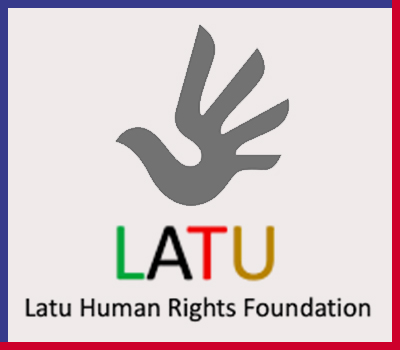
Latu Human Rights Foundation, Zambia
Team Member: Henry Sakala
The Latu Human Rights Foundation is examining community needs and perceptions around STI advocacy in the Lusaka Kabwe and Ndola Districts of Zambia. Findings from this landscape analysis will contribute to evidence-based decision-making, inform the development of targeted interventions, and strengthen the overall capacity of STI prevention advocacy programs in Zambia. Learn more about the Latu Human Rights Foundation on Facebook.
Investing in these advocates and partner organizations and in this advocacy is an urgent priority at AVAC. Their essential work lays the foundation for drawing critical resources to STI prevention, and accelerating the development of new vaccines, diagnostics, and other prevention tools and strategies. Their work and their voices will be instrumental to strengthening STI programs and equity in sexual health. We hope you’ll join us in congratulating these partners and hearing from them in November about this important work.